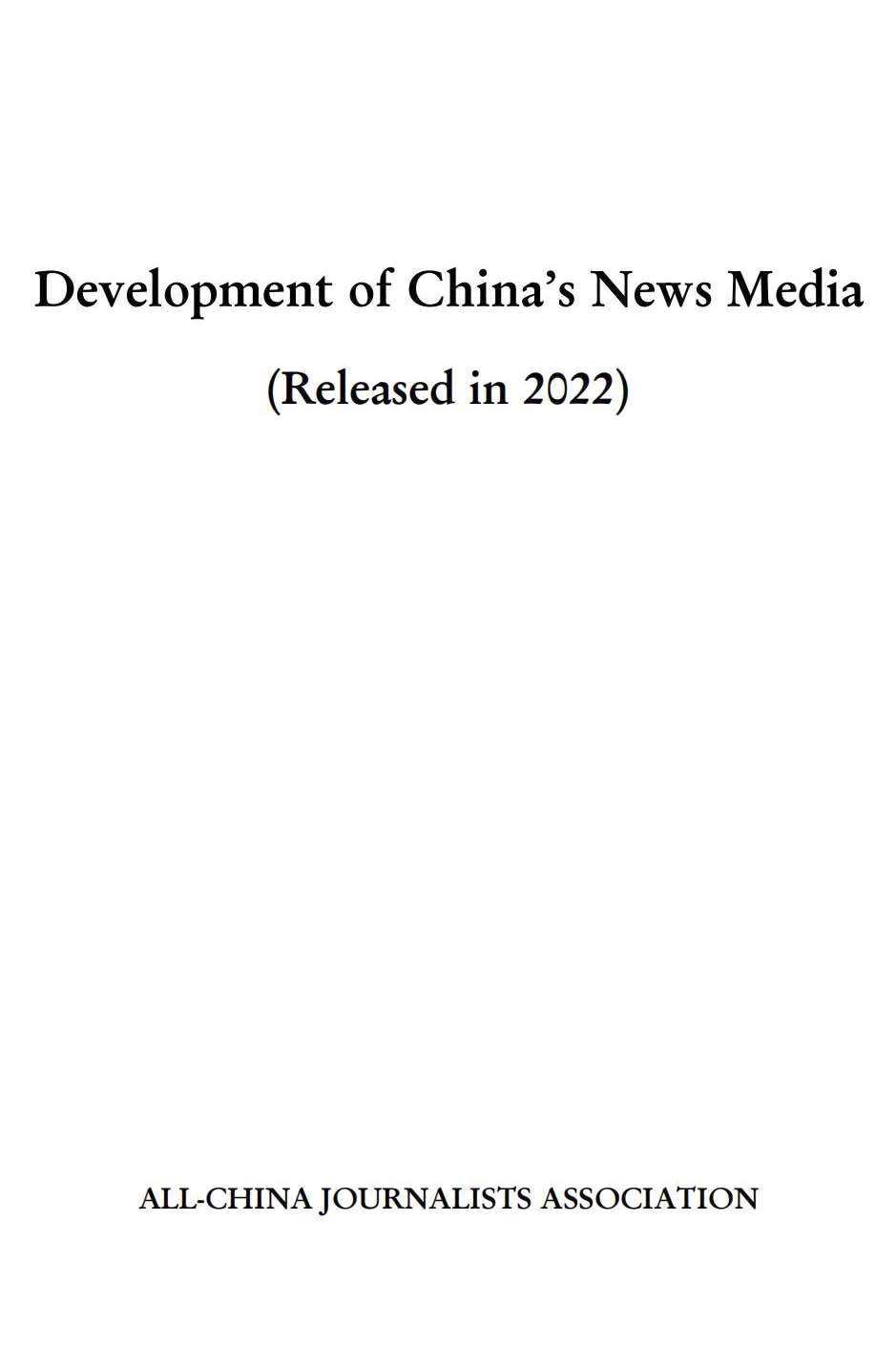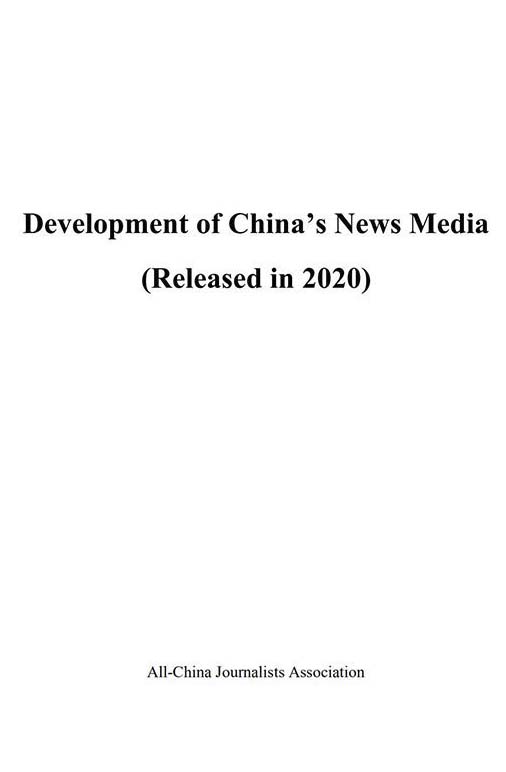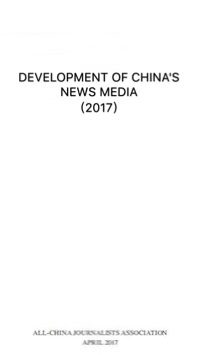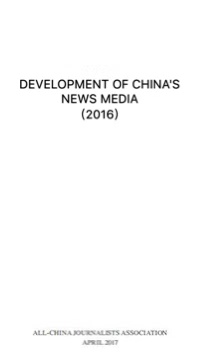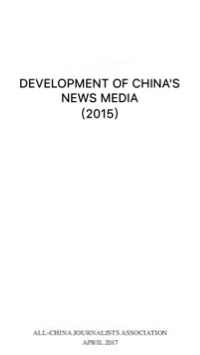
Social media regulations around the world in the past year. (Photo souce: CGTN/Fan Chenxiao)
The overwhelming consensus has been that such laws should only apply to facts and not opinions. However, the governments of France and Germany have both come under scrutiny over perceived censorship, particularly when dealing with hot button issues like migration.
The majority of people are not good at distinguishing facts from opinions, as shown by a U.S.-focused study by the Pew center. This means even legitimate corrections online could be seen as a matter of different opinions.
The role of platforms and users
As social networks continue to break the barriers of publishing, a majority of news consumers (around 80 percent of Americans) support more regulations on social media. But this has created new problems for tech companies, which don't want to be seen as media, less so censors.
Tech giants such as Facebook were initially reluctant to regulate posts on their platforms, but have come under mounting pressure from authorities and public to do so.
Facebook has enlisted third-party fact-checkers to verify the accuracy of information posted on its platform, reducing viewer counts of content deemed to be false. This too has been dismissed by some political groups as censorship.
Some fact-checkers are said to face harassment and threats over their work as their decisions to flag posts have been seen as politically motivated.
Last year, Twitter blocked a voter registration campaign by the French government due to France's own anti-fake news laws, because the company wasn't sure what to do with political campaigns under the new laws in the country.
With tech companies taking much of the blame for the fake news problem, discussions have been mostly about how to manage online content with more regulations from top down.
But some experts argue that the role of information literacy is underestimated. And people's tendency to respond to information that confirms their own bias, resulting in an algorithm echo chamber, doesn't help.
Professor M. Laeeq Khan at Ohio University believes media and information literacy is vital to recognizing misinformation.
"Online users must possess an attitude of healthy skepticism when any information comes their way. Such an attitude of information verification by individuals can prove to be a major counterweight to the rising misinformation online," he said.
